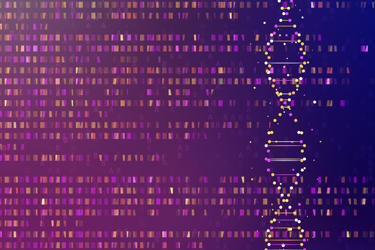The Ethical Implications Of Editing A Genome

By Erin Harris, Editor-In-Chief, Cell & Gene
Follow Me On Twitter @ErinHarris_1

To learn more about CRISPR gene editing tool, I sat down with Sadik Kassim, Chief Technical Officer at Vor Biopharma to discuss the benefits of CRISPR-engineered stem cell therapies, the challenges and feasible solutions, what’s next, and more. We’ve broken down our conversation question by question. Here Sadik and I discuss the ethical implications of editing a genome.
Why This Matters
CRISPR is in fact safe if used in the appropriate context. Indeed, we have already seen quite a few trials emerge where they propose to use CRISPR for Tay-Sachs disease, congenital blindness, as well as more creative approaches to use CRISPR gene editing for cancer immunotherapy.
Why You Should Care
We have enough data from three existing trials to determine that CRISPR is safe. There is a trial that has recently opened that enhances the potency of cancer immunotherapy, which is only made possible by CRISPR. We will see CRISPR expand into other areas of healthcare, such as diagnostics.
